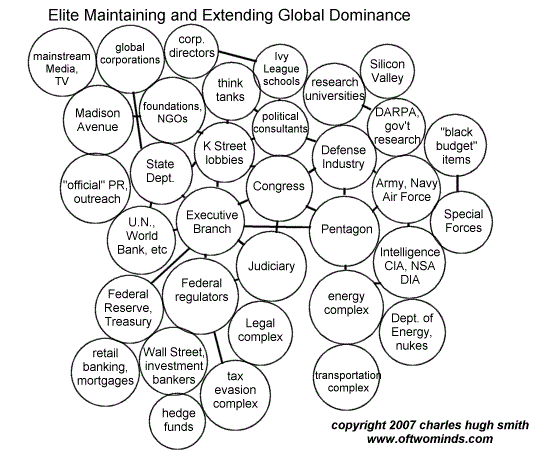In modern democracies, political cycles never end. As soon as one election is over, those seeking office are already running for the next election. Having recently attended a public forum of state-level candidates looking to the 2018 election, I wondered what a real friend of freedom might say if he was offering himself for such a political office.
Liberty Rhetoric, But Interventionist Policies
At a luncheon event several candidates running in the forthcoming Republican Party primary in South Carolina made their pitch as to why they should be their party’s nominees for state legislative offices in the next general election. They answered questions submitted by attendees at the lunch and made opening and closing statements about who they were and what they stood for.
They all clearly believed that growth needed to be harnessed within “reasonable” rules and regulations.
Not too surprisingly they all, in their respective ways, said they were “pro-business,” advocated lower taxes, a freer enterprise market environment, greater transparency, and more accountability for those in power in the state capital.
Why did each say they were running for elected office? They all had been in business but now wanted to “give back” and “serve” their communities.
What were major themes in many of the questions directed at them? South Carolina is a growing state where international corporations are opening more manufacturing facilities, and, as more people move to the Palmetto State, it has an increasing population to match. Those who submitted questions wanted to know what the candidates would do, if elected, to improve and widen road infrastructure to reduce increasing congestion, and how they would “manage” growth in the state?
…click on the above link to read the rest of the article…







